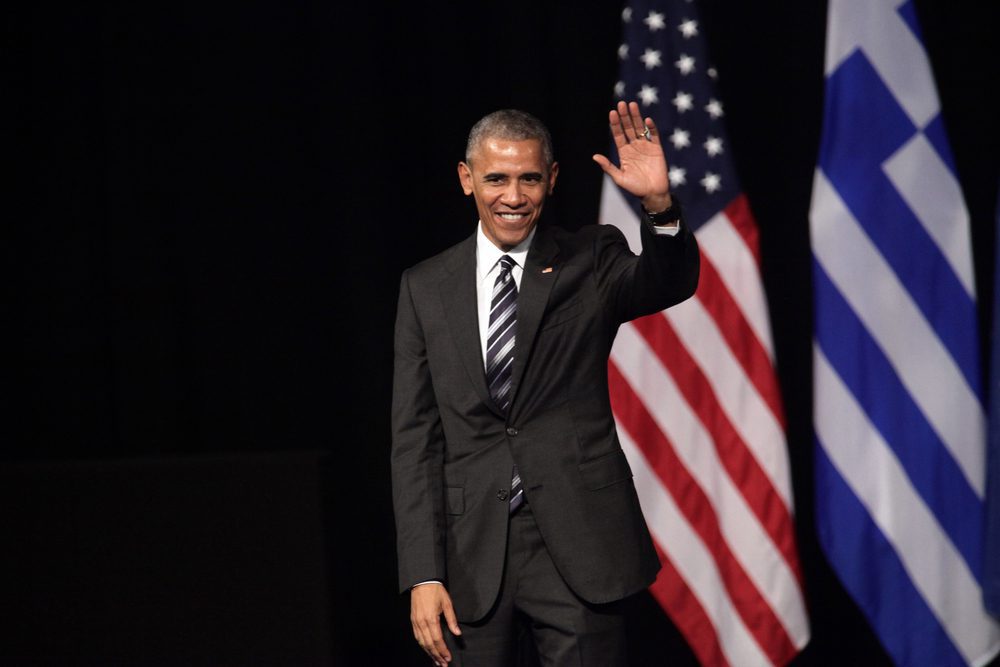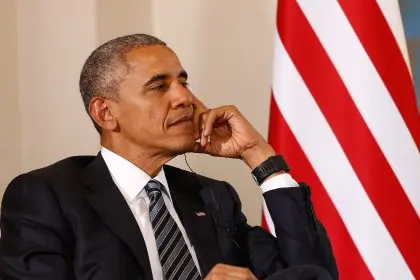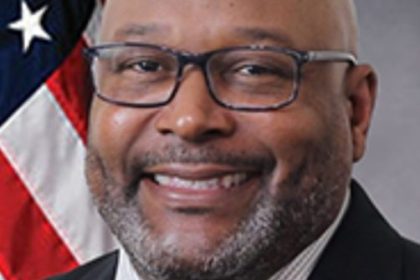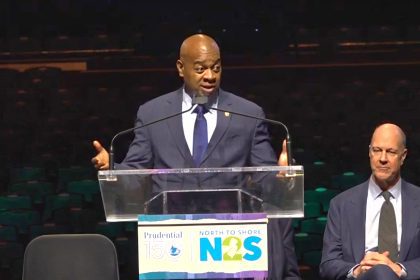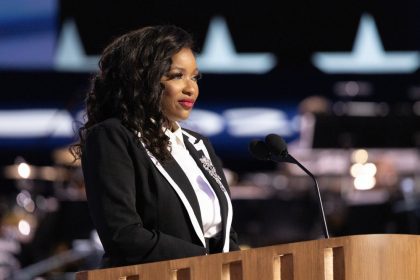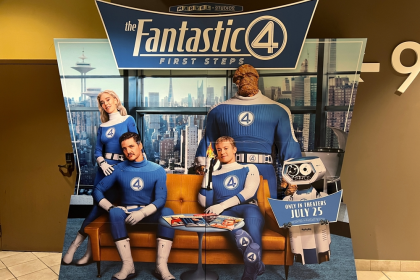The recent security breach involving former President Barack Obama has stirred deep concerns, particularly within the context of historical attacks on Black leaders, such as Dr. Martin Luther King Jr., Medgar Evers, Fred Hampton and Malcolm X. These assassinations not only shook Black communities but also left lasting scars, reinforcing fears of political violence against Black leaders. Obama’s close call — narrowly avoiding a potentially dangerous encounter in Los Angeles — evokes memories of these tragic events and raises questions about the state of protection for Black figures in positions of power.
The incident
On Sept. 21, Obama, dining with his daughters Malia and Sasha at a restaurant in Hollywood, was seated in the back of his SUV when an armed security guard, hired for a nearby bar mitzvah, unknowingly approached his vehicle, reported the Atlanta Black Star News. The man, unaware of who was inside, took photos of the SUV out of curiosity.
This seemingly innocuous moment could have turned deadly, particularly given the fraught history of violence against Black leaders and too often, how often interactions between Black people and law enforcement turn lethal in America. The guard, upon realizing he was photographing the former president, quickly retreated, fearful that the Secret Service might perceive him as a threat. His concerns highlighted what many have viewed as a serious security lapse: the absence of agents guarding the rear of Obama’s vehicle.
A legacy of violence and trauma
The breach brought to the surface painful memories for Black Americans, who have long witnessed their most prominent leaders fall to violence. Dr. King, assassinated in 1968, left an indelible mark on the Civil Rights Movement but also a deep sense of loss in Black communities. Malcolm X’s assassination in 1965, Fred Hampton’s killing by law enforcement in 1969, and Medgar Evers’ murder in 1963 further underscored the vulnerability of Black leaders.
For many, these events signaled that efforts to advance Black equality and justice would often be met with deadly resistance. Each assassination reverberated through Black communities, shaking the faith in institutions that were supposed to protect, but too often failed.
Obama — the first Black president of the United States — represents a continuation of that legacy, with his presence in the highest political office symbolizing both progress and persistent threat. The idea that even a former president could face inadequate protection echoes the unending concern that Black leaders — no matter how powerful — remain vulnerable to violence.
Public outrage and scrutiny of the Secret Service
Following the incident, social media erupted with criticism of the Secret Service, according to TMZ, accusing the agency of failing to provide adequate protection for Obama. The proximity of an armed individual to the former president raised alarms, especially in an era of escalating political violence. In light of this breach, there are questions about whether Black leaders receive the protection they deserve.
The Secret Service’s handling of the situation has been met with skepticism. While the agency insisted that no protectees were in the vehicle when the security guard approached, eyewitness accounts support a different version of events. Regardless, the breach highlights a disturbing gap in security at a time when such lapses can have devastating consequences.
The larger threat of political violence
This incident comes amidst heightened concerns over political violence in the U.S., including two assassination attempts on former President Donald Trump and a recent shooting at one of Vice President Kamala Harris’ campaign offices in Arizona. For Black leaders, the threat of violence feels particularly acute, rooted in a history of targeted attacks. The assassinations of Hampton and Malcolm X weren’t just personal tragedies; they were symbolic assaults on Black empowerment and leadership. The fear is that — without proper protection — similar tragedies could befall modern Black leaders like Obama.
A wake-up call for the Secret Service
Obama’s near-encounter is a reminder of the immense challenges that come with protecting Black political figures. As history shows, lapses in security can have devastating, irreversible consequences. The Secret Service — already under scrutiny for its handling of security around Trump — must now reevaluate its protocols for safeguarding Black and other minoritized leaders who face heightened threats.
In reflecting on the assassinations of past leaders, the stakes are clear: the loss of any Black leader reverberates throughout society, cutting deep into the collective psyche of the Black community. Every precaution must be taken to ensure that history does not repeat itself.

